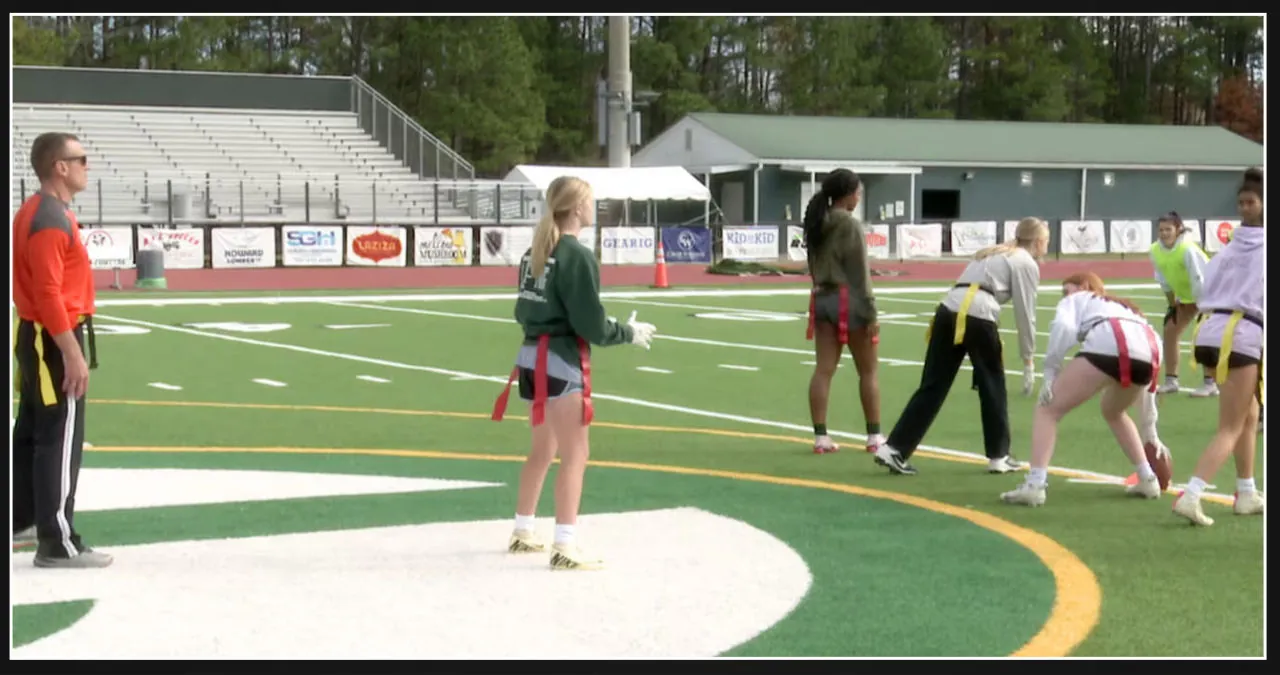Georgia lawmakers seek to limit who can participate in women’s sports.
The state Senate’s Special Committee on the Protection of Women’s Sports unanimously supported a number of recommendations:
-
- Repeal the delegation of authority by the General Assembly to high school athletic associations to regulate participation in women’s sports. This is an issue that should be decided by the people’s elected representatives.
- Provide protections in statute for the protection of women’s sports in Georgia at the secondary and collegiate levels for public high schools, colleges, universities and private institutions that compete with and against public schools in sports. This would include rules providing that, based on the athlete’s biological sex at birth, men cannot compete in sports designated for women.
- Require schools that host or sponsor sporting events to provide separate changing and dressing facilities for male and female athletes based on their biological sex at birth.
- Provide enforcement options for rules regarding women’s sports participation and separate changing and dressing facilities, including grievance proceedings and civil remedies for aggrieved participants and the authority to withhold state funding from schools that fail or refuse to abide by these rules.
- Adopt other rules, as necessary, to ensure that the regulation of sports is based on promoting and preserving competitive fairness and protecting student safety and that female student-athletes have fair opportunities to demonstrate their strength, skills, and athletic abilities and to obtain recognition, accolades, college scholarships, and the numerous other long-term benefits that result from participating and competing in sports.
“The current GHSA policy regarding participation requires that students participate in sports based on their biological sex at birth. Should the General Assembly create a law in conflict with any policy, the GHSA will adjust that policy to be compliant with the law,” the Georgia High School Association said in a statement.
“The NCAA has shifted and this would be something that would not put Georgia athletes in the position of adhering to rules of these governing authorities who have moved the goal post a couple of different times, but would have clear lines in terms of encouraging fairness,” said Committee Chairman Greg Dolezal.
According to Jones, the aim is not to exclude any specific groups but rather to safeguard the opportunities for female athletes who aspire to compete on an equal footing.
Dr. Jason Norman, the local veterinarian at Hammond Hills Animal Hospital, is not just your ordinary animal doctor. He has an intriguing and unique hobby – falconry.
Georgia Equality, a prominent group, has raised concerns during the meetings regarding the committee’s name. According to Georgia Equality Director Jeff Graham, the name of the committee implies that transgender girls pose a threat to female athletes.
“This entire effort is how it further stigmatizes and spreads misinformation and disinformation about the lives and realities of transgender individuals,” said Graham.
Graham criticized the recommendations, describing them as a solution in search of a problem.
“Over all of these hours of testimony, two incidences and only two incidences have been brought up. One was an elite competition of NCAA athletes that took place at Georgia Tech but did not involve Georgia college students. And another, a high school track competition that took place years ago in Connecticut. Neither of those is related here to Georgia,” said Graham.
Lawmakers will receive the final report before the start of the 2025 legislative session in January.







Leave a Reply